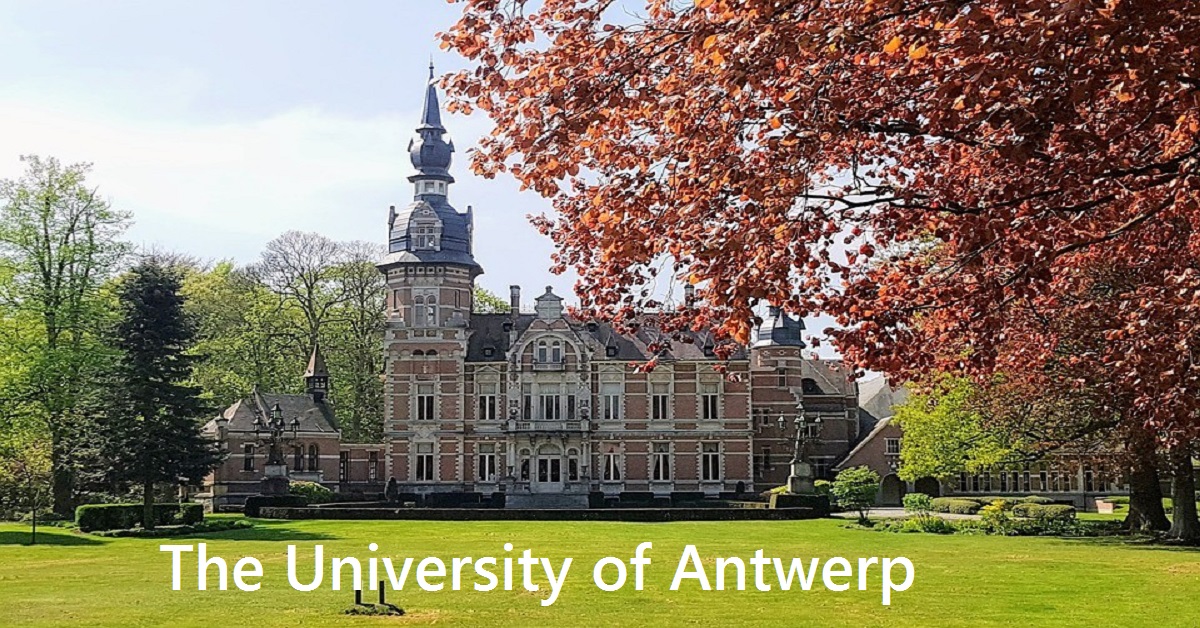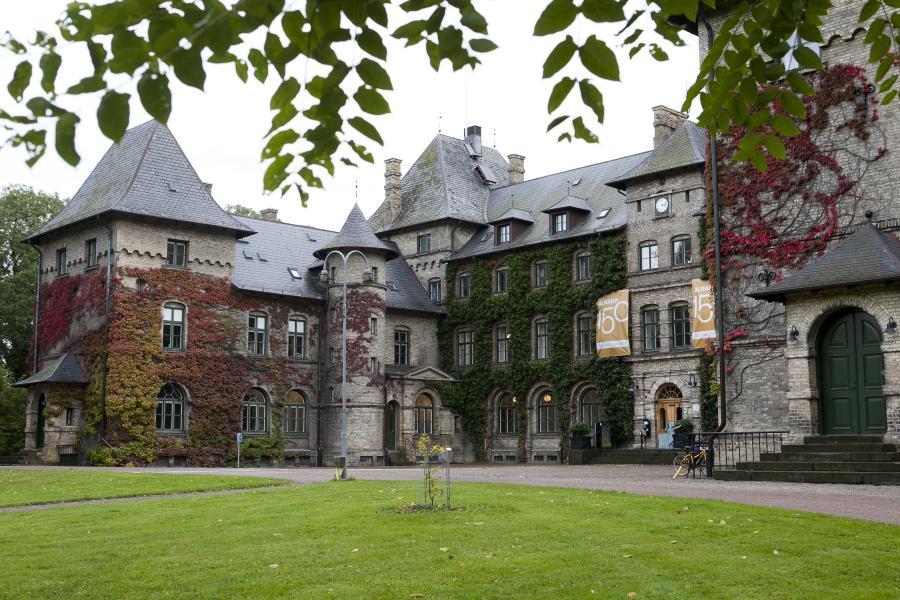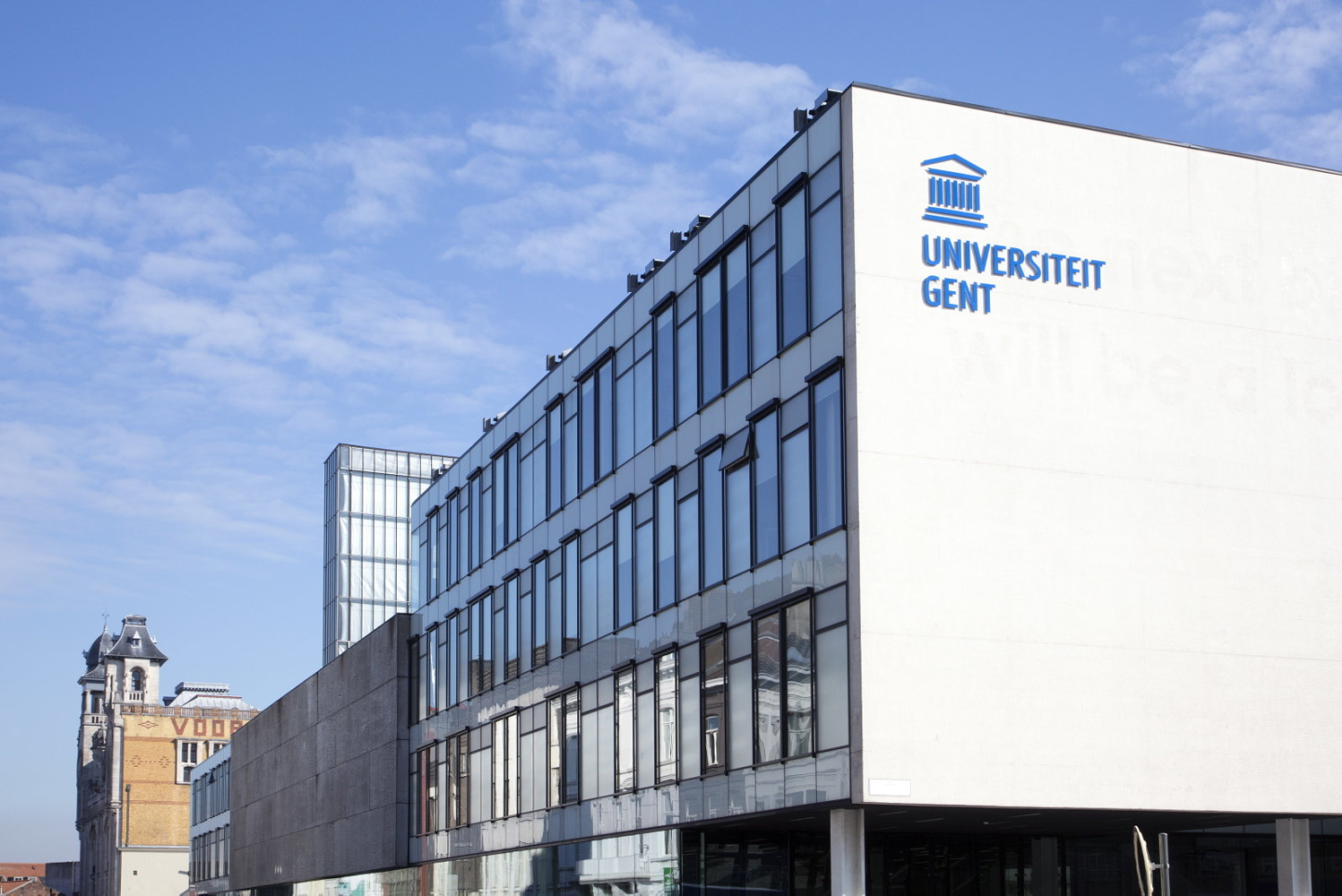At the Department of Information and Media Studies, University of Bergen, there is a vacancy for a doctoral candidate in information science. The appointment is for four years of which 25 % of the total appointment time is teaching duties to be performed at the department.
About the project/work tasks:
The area for the position is Intelligent Information Systems (I2S), or information systems (IS) that employ artificial intelligence (AI) and related techniques. Our research group has ongoing projects in domains such as digital multimedia forensics, decision making in finance and insurance, sustainable resource management, health information systems, media content analysis, production and archiving, and personal data analysis. In these domains we develop employ and evaluate techniques such as data analytics, data and process mining, image analysis, knowledge graphs, machine learning, natural-language understanding, and semantic technologies. We carry out much of our research in collaboration with industry and user organizations.
The candidate will be affiliated to the research group Intelligent information systems https://www.uib.no/en/rg/i2s
Qualifications and personal qualities:
The applicant must hold a master's degree in information science, informatics, cognitive science, or equivalent.
The master degree must be completed by the application deadline.
The requirements are generally a grade B or better on the master thesis and for the master degree in total.
Candidates with a background in AI techniques and their uses will be preferred
As an applicant you should be able to work independently, have a considerable work capacity as well as an enthusiasm for research.
Good knowledge of English, both written and oral is a prerequisite.
Shortlisted candidates will be invited to the department for an interview.
About the PhD position (applies to university PhD positions):
The duration of the PhD position is 4 years, of which 25 per cent of the time each year comprises required duties associated with research, teaching and dissemination of results. The employment period may be reduced if you have previously been employed in a recruitment position.
As a PhD research fellow, you will take part in the PhD programme at the Faculty of Social Sciences, UiB. The programme corresponds to a period of three years and leads to the PhD degree. To be eligible for admission you must normally have an educational background corresponding to a master’s degree with a scope of 120 ECTS credits, which builds on a bachelor’s degree with a scope of 180 ECTS credits (normally 2 + 3 years), or an integrated master’s degree with a scope of 300 ECTS credits (5 years). Master’s degrees must normally include an independent work of a minimum of 30 ECTS credits. It is expected that the topic of the master’s degree is connected to the academic field to which you are seeking admission.
We can offer:
Salary at pay grade 54 upon appointment (Code 1017) on the government salary scale (equivalent to NOK 482 200 per year). Further promotions are made according to length of service in the position. For particularly qualified applicants a higher salary can be considered.
A good and professionally challenging working environment
Enrolment in the Norwegian Public Service Pension Fund
Good welfare benefits
Your application must include:
A cover letter including a brief account of your research interests and motivation for applying for the position
The names and contact information for two reference persons. One of them must be the main advisor for the master's thesis or equivalent thesis
Project proposal (optional)
CV
Transcripts and diplomas showing completion of the bachelor's and master's degrees.
Relevant certificates/references
A list of academic publications
Academic publications that you want to submit for assessment (including your master’s thesis or equivalent)
If you have a master's degree from an institution outside of the Nordic countries, or a 2-year discipline- based master's degree (or the equivalent) in a subject area other than the one associated with the application, you may later in the application process be asked to submit an overview of the syllabus for the degree you have completed
The application and appendices with certified translations into English or a Scandinavian language must be uploaded at Jobbnorge following the link on this page marked “Apply for this job”.
Closing date: August 8, 2021. The application has to be marked: 2021/6771
Applications sent as e-mails will not be considered. Only submitted documents will be subjected to an expert assessment.
General information:
Additional information about the position is obtainable by contacting Head of department Leif Ove Larsen, e-mail: leif.larsen@uib.no, or tel.: +47 55 58 41 16.
Practical questions regarding the application procedures should be directed to Adviser – HR, Bodil Hægland, e-mail: bodil.hagland@uib.no.
Appointed research fellows will be admitted to the PhD programme at the Faculty of Social Sciences. Questions about the programme may be directed to Adviser-PhD: Hanne.Gravermoen@uib.no.
The state labour force shall reflect the diversity of Norwegian society to the greatest extent possible. People with immigrant backgrounds and people with disabilities are encouraged to apply for the position.
The University of Bergen applies the principle of public access to information when recruiting staff for academic positions.
Information about applicants may be made public even if the applicant has asked not to be named on the list of persons who have applied. The applicant must be notified if the request to be omitted is not met.
The successful applicant must comply with the guidelines that apply to the position at all times.
For further information about the recruitment process, click here.





